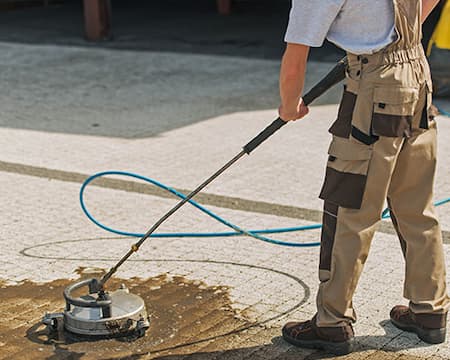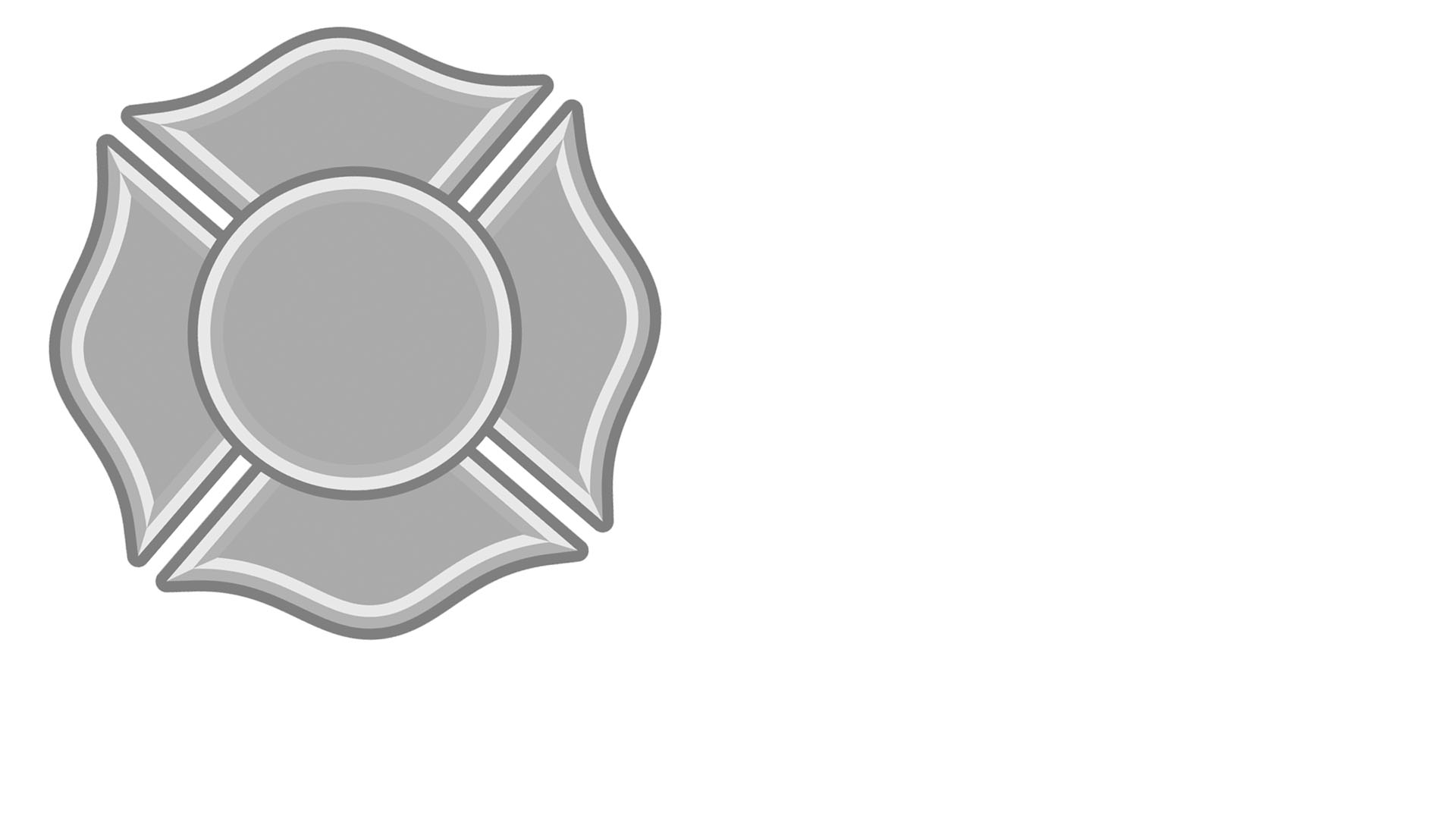Paver Cleaning Made Simple: Answers to the Most Common Questions

Paver surfaces add timeless beauty to outdoor spaces, but they also require proper care to stay attractive and functional. Homeowners often have questions about cleaning methods, maintenance routines, and professional help. Below, we've gathered some of the most common questions about paver cleaning, along with straightforward answers to make the process easier.
Why Do Pavers Need Regular Cleaning?
Pavers are exposed to dirt, weeds, moss, and stains from vehicles or outdoor use. Over time, this buildup can dull their appearance and even weaken the surface if left untreated. Regular cleaning not only enhances curb appeal but also helps extend the life of the installation. A simple rinse may remove surface debris, but deeper cleaning ensures long-lasting results.
What's the Best Way to Clean Pavers at Home?
For basic upkeep, sweeping and rinsing with a garden hose works well. For tougher stains, mild soap and water can help. However, oil, rust, and mold are harder to tackle without specialized tools. This is why many homeowners turn to Roanoke pressure washing experts, who use equipment that restores pavers without causing damage.
Is Pressure Washing Safe for Pavers?
When done correctly, yes. The key is using the right pressure level and nozzle type. Too much pressure can erode the surface or dislodge the joint sand, while too little won't achieve a thorough clean. Professionals understand how to balance these factors to safely lift stains and grime, leaving your pavers refreshed and intact.
Can Paver Cleaning Improve Safety?
Absolutely. Pavers can become slippery when algae, moss, or mildew take hold, especially in shaded areas or after rain. Cleaning removes these hazards, making walkways and patios safer for family and guests. It also keeps outdoor living areas more inviting year-round.
How Often Should Pavers Be Cleaned?
The frequency depends on usage and location. Driveways and high-traffic areas may need cleaning once or twice a year, while patios might require less frequent attention. Seasonal checks are a good practice to spot stains early before they set in. Many homeowners also schedule driveway cleaning in the spring to wash away winter residue.
Do Pavers Need Sealing After Cleaning?
Sealing is optional but recommended. A quality sealer helps protect against stains, enhances color, and reduces weed growth between joints. After a thorough cleaning, sealing locks in that fresh look and provides added durability. The result is a lower-maintenance surface that looks great for years.
Can I Handle Paver Cleaning Myself, or Should I Hire a Professional?
DIY cleaning works for routine maintenance, but deeper jobs often require expertise. Professionals have access to high-grade equipment and eco-friendly solutions that outperform household methods. Hiring help also saves time and ensures your pavers are cleaned without risk of damage.
For reliable paver cleaning and expert pressure washing in Roanoke, contact First Responders Power Washing today.
